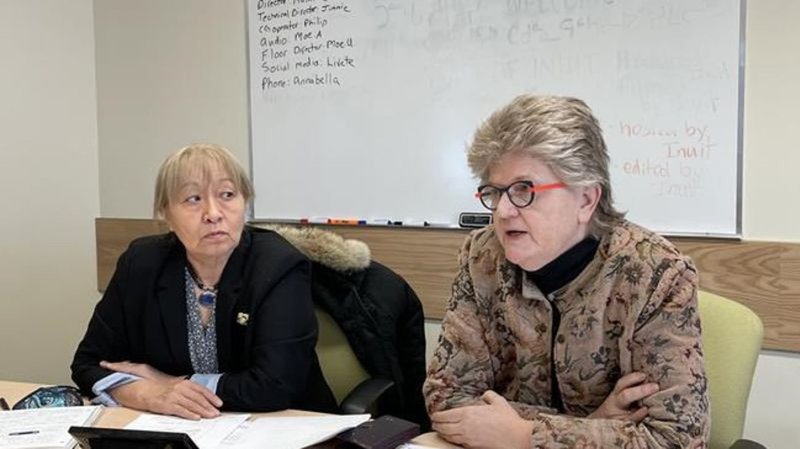
‘The whole system falls apart’: Nunavut group concerned about Ottawa care home
IQALUIT, Nunavut — A group representing Nunavut elders says a seniors home in Ottawa is failing Inuit who are sent there.
In a March 7 letter to Nunavut Health Minister John Main, the Pairijait Tigumivik Society presents a long list of concerns it wants addressed at Embassy West Senior Living.
A lack of Inuktitut interpretation for Inuit residents and improper care from staff, including leaving people in their beds for days at a time, are among the letter’s allegations.
The letter also alleges that Inuit at the care home are not given an Inuktitut-speaking interpreter when they are sent by ambulance to hospital.
